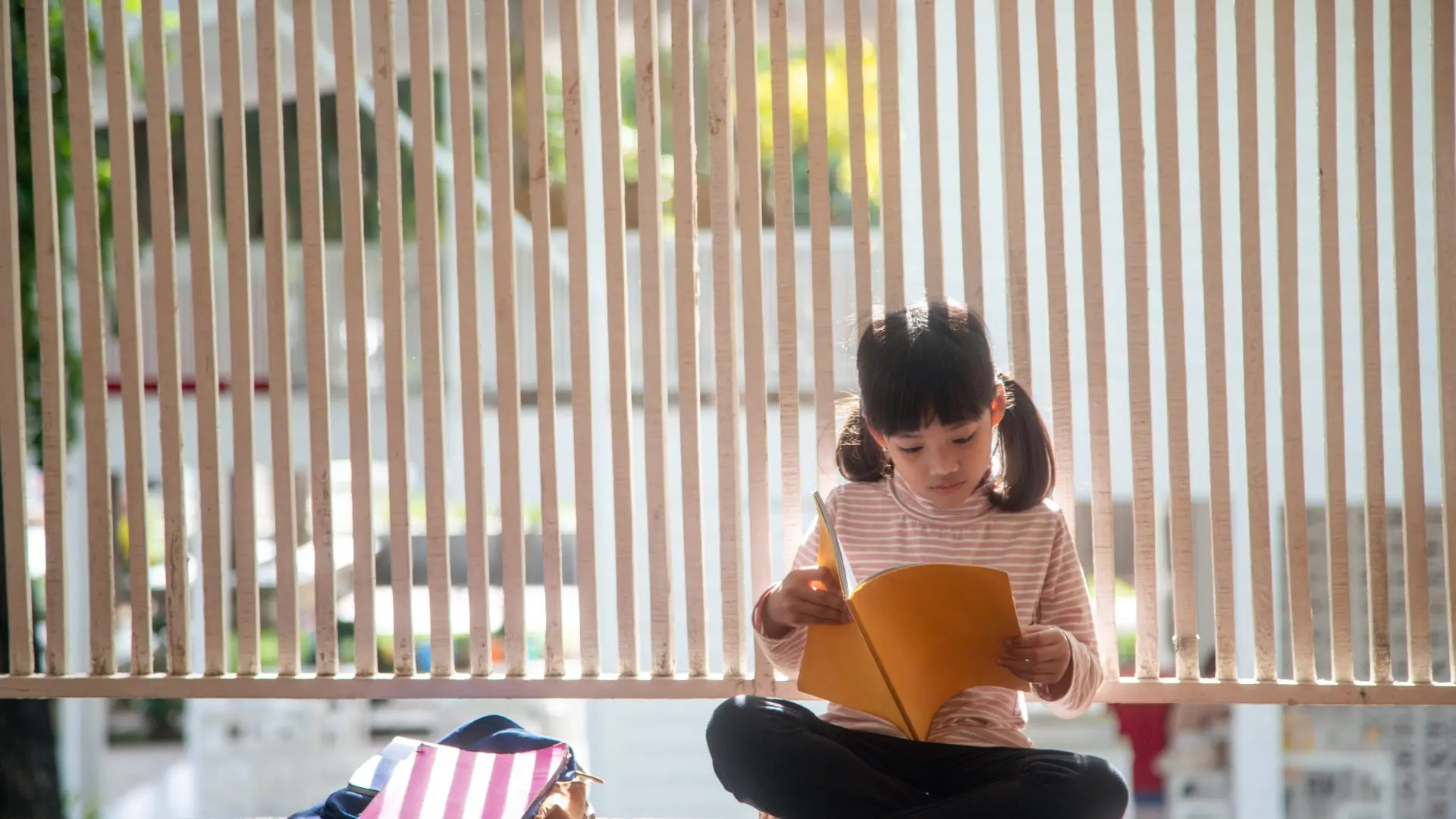Homeschooling has gained popularity in recent years, with many parents choosing it to provide a tailored, flexible learning environment. While it offers numerous benefits, homeschooling disadvantages are often overlooked.
As a parent, it’s crucial to weigh both the positives and the challenges to make the best decision for your child. Let’s explore the homeschooling disadvantages you may encounter, from educational and social obstacles to long-term impacts.

Financial Disadvantages of Homeschooling
Loss of Income Due to One Parent Staying Home
Homeschooling often requires one parent to stay home full-time, sacrificing a second income. For dual-income families, this shift can be a major financial adjustment, potentially limiting the family’s disposable income.
Cost of Educational Materials and Curriculum
Unlike public schools, where textbooks and learning materials are provided, homeschooling requires parents to purchase curriculum materials, textbooks, workbooks, and online programs. These costs can add up quickly, especially for families homeschooling multiple children.
Expenses for Extracurriculars and Community Classes
Homeschooling families may need to pay for extracurricular activities, sports, or community classes to ensure their children have a well-rounded experience. These fees can be substantial and add to the overall cost of homeschooling.
Potential Costs for Specialized Tutors and Courses
For subjects that require expertise, like advanced math or foreign languages, many homeschooling families hire tutors or enroll their children in specialized online courses. These services are valuable but can be costly, especially if they’re used regularly.
Additional Transportation and Field Trip Costs
Homeschooling often involves educational outings, field trips, and co-op meetings. While these activities enrich learning, they also involve transportation costs, admission fees, and sometimes even lodging, adding to the financial burden of homeschooling.
Investment in Home Learning Space and Supplies
Creating a conducive learning environment at home may require investments in furniture, technology (like computers or tablets), and supplies. Setting up a dedicated learning space can be a significant initial cost, with ongoing expenses for maintenance and upgrades.
Educational Disadvantages of Homeschooling

Lack of Access to Specialized Educators
One significant homeschooling education disadvantage is the limited access to specialized teachers. Unlike schools, where students learn from experts in each subject, homeschooling often relies on parents as primary educators.
While parents are highly dedicated, they might lack in-depth knowledge in specific fields like advanced mathematics, languages, or sciences. Without specialized guidance, children may miss out on a deep understanding of complex topics.
This gap can become even more apparent at higher educational levels, potentially impacting college readiness.
Limited Educational Resources and Facilities
Traditional schools are equipped with resources and facilities that enhance learning—science labs, sports facilities, art studios, and computer labs. Homeschooling disadvantages include not having easy access to these tools, which are crucial for hands-on learning experiences.
While there are creative workarounds, such as virtual labs or local community programs, not all homeschooling families can replicate these resources.
This lack of facilities can limit your child’s exposure to practical applications and experiential learning, leaving certain skills underdeveloped.
Potential Curriculum Gaps and Accreditation Issues
Homeschooling education disadvantages can also stem from inconsistent curriculum standards. States and countries vary widely in their homeschooling regulations, leading to potential curriculum gaps. For parents who want to re-enroll their child in traditional schools or pursue college admissions, these gaps can be challenging.
Additionally, not all homeschooling programs are accredited, meaning some colleges may view homeschool transcripts with hesitation. Ensuring academic standards and adherence to formal guidelines can be challenging, adding complexity to the homeschooling journey.
Social Disadvantages of Homeschooling

Reduced Social Interaction with Peers
Socialization is a common concern among parents considering homeschooling. Homeschooling socializing disadvantages can be significant because homeschooling may limit daily interactions with peers. In traditional schools, children naturally build friendships, learn teamwork, and engage in group activities.
Limited peer interaction in homeschooling can affect the development of essential social skills, including conflict resolution and group collaboration. Many homeschooling families address this by organizing playdates, co-ops, or community classes, but this may not fully replace the organic social environment of a traditional school.
Limited Exposure to Diverse Perspectives and Cultures
Traditional schools expose children to peers from different cultural backgrounds, viewpoints, and experiences, fostering a broader worldview. Homeschooling disadvantages include the potential restriction of such diverse experiences.
Children in homeschool settings might encounter fewer opportunities to interact with people of different beliefs and cultures, potentially narrowing their perspective. This limited exposure can make it challenging for them to adapt to diverse environments later in life, affecting their social confidence in multicultural settings.
Challenges in Building Strong Peer Networks
Schools are not just places for academic learning; they are also where students build networks and friendships that often last into adulthood. Homeschooling socializing disadvantages extend into networking, as homeschooled children may miss out on these long-term peer connections.
In a world where connections are key to personal and professional success, not having a strong peer network can become a disadvantage of homeschooling later in life. This lack of social foundation may affect their comfort and adaptability in new settings, from college classrooms to professional environments.
Long-Term Disadvantages of Homeschooling
Difficulties with Higher Education Transition
Transitioning from homeschooling to college can be challenging for some students. Disadvantages of homeschooling later in life include difficulties adapting to the structured environment of a college or university.
Homeschooling often allows flexible schedules and personalized learning, which can contrast sharply with the rigid schedules and academic rigor of higher education. Some students may face a steep learning curve, struggling with time management, following standardized assessments, or adjusting to professor expectations.
Career Preparation and Workplace Social Skills
Schools provide an environment where students learn to work in teams, manage deadlines, and handle constructive criticism—all essential workplace skills. Homeschooling disadvantages may impact the development of these skills due to the unique nature of home-based learning.
Without exposure to group projects, structured feedback, or hierarchical settings, homeschoolers might face challenges adjusting to the professional world. Disadvantages of homeschooling later in life can include discomfort in collaborative and structured workplaces, where teamwork and adaptability are highly valued.
Lack of Exposure to Structured Feedback and Evaluation
In traditional schools, students regularly receive structured feedback through grades, evaluations, and peer interactions. Homeschooling, while flexible, may lack this type of structured evaluation.
As a result, children may not learn to handle criticism effectively or see it as an opportunity for improvement. This is a notable disadvantage of homeschooling later in life, especially in professional settings where receiving and responding to feedback is essential. Without experience in formal feedback, students might struggle with professional growth and resilience.
Real-World Examples of Homeschooling Disadvantages
To ground these points in reality, let’s look at a few real-world examples. Studies comparing homeschool and traditional school students reveal mixed results. While homeschoolers often excel academically, they tend to face greater challenges in social environments and structured feedback situations.

A 2020 study found that homeschoolers had slightly lower college graduation rates than their traditionally schooled peers, possibly due to difficulties with self-discipline and adapting to structured academic expectations.
Parents and students have shared anecdotes about the unique struggles they faced, from feeling isolated in their teenage years to encountering challenges in job interviews where teamwork experience was required. These real experiences highlight that homeschooling disadvantages aren’t just theoretical—they’re real challenges faced by many.
Balancing the Drawbacks with Homeschooling Benefits
While these homeschooling disadvantages are real, many families find ways to mitigate them. Homeschool co-ops, sports leagues, and community classes can help address social challenges. Online courses, educational resources, and local libraries provide access to diverse learning materials.
For those considering homeschooling, awareness of both the benefits and the disadvantages of homeschooling can lead to a more balanced, well-rounded approach.
By understanding these homeschooling education disadvantages and homeschooling socializing disadvantages, parents can make more informed decisions. Education is never one-size-fits-all, and homeschooling, with its unique challenges, might still be the best choice for some families.
Conclusion
Homeschooling offers flexibility and individualized learning but comes with undeniable challenges. From homeschooling disadvantages in education and socialization to potential long-term impacts, these are real issues every parent should consider.
Balancing these with the positives of homeschooling is key to providing the best for your child. Remember, no educational path is perfect. By being informed and proactive, you can better navigate the disadvantages of homeschooling and help your child succeed.
You may also be interested in : Advantages Of Homeschooling: How to Maximize Your Child’s Potential